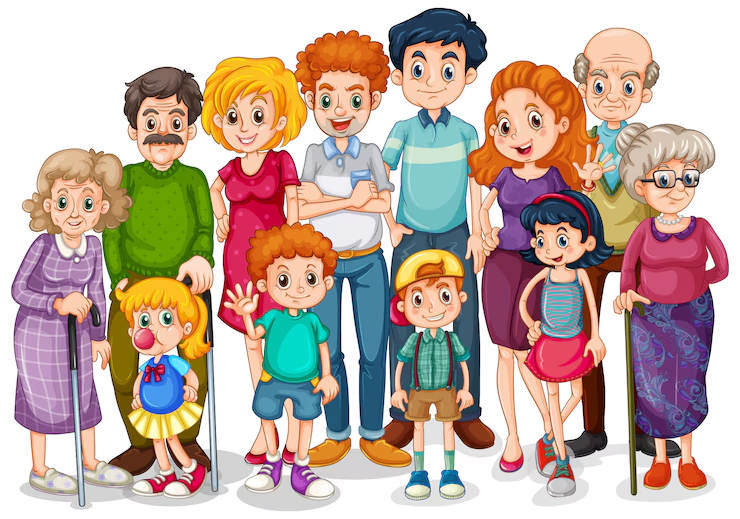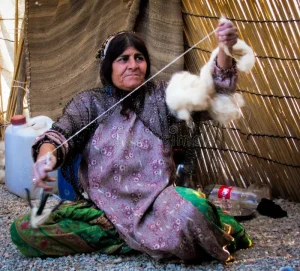Sociology of the family
The sociology of the family is a subfield of sociology that examines families as social institutions and units of socialization. It explores family structures, relationships, and dynamics, focusing on how families interact and function within society. Key areas of study include family formation and dissolution, parenting, and the interplay between work and family life.
Key aspects of the sociology of the family:
- Family as a Social Institution: Sociology views the family as a fundamental social institution that plays a crucial role in socialization, providing emotional and economic support, and maintaining social order.
Changing Family Structures:
Researchers study how family structures have evolved over time, including the decline of the traditional nuclear family and the rise of diverse family forms like single-parent families, blended families, and same-sex couples.
Socialization:
The family is a primary agent of socialization, where individuals learn social norms, values, and behaviors.
Gender and Family Roles:
Sociology examines how gender roles are shaped within the family and how they impact relationships, power dynamics, and social inequality.
Intersectionality:
This perspective explores how factors like social class, race, ethnicity, and gender intersect to influence family life and experiences.
Theoretical Perspectives:
Sociologists utilize various theoretical frameworks, including functionalism, conflict theory, symbolic interactionism, and feminist theory, to analyze family dynamics.
Global Perspective:
Sociology of the family also considers how families vary across different cultures and social contexts, highlighting the diversity of family forms worldwide.
Social Issues:
Research in this area addresses important social issues related to the family, such as divorce, domestic violence, child abuse, and poverty































Post Comment